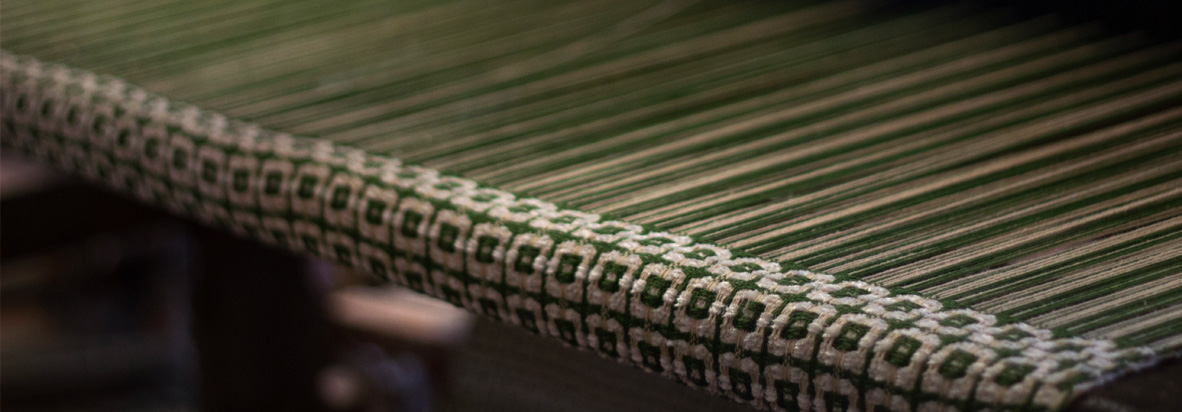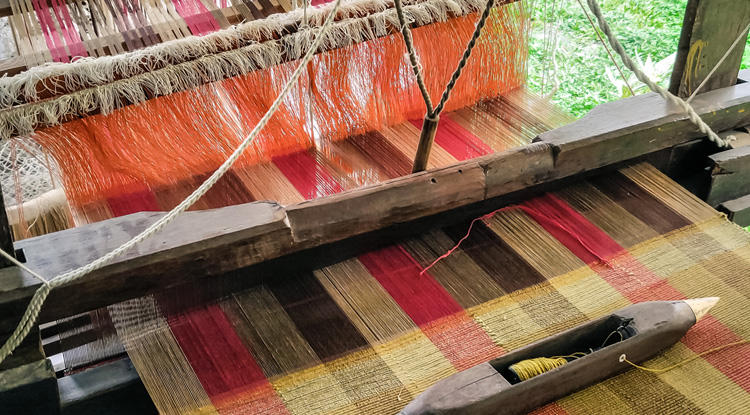- PRIVACY POLICY
- About
- All Categories
- Areca Palm
- Best Sellers
- Blog
- Bulk Orders
- Cart
- Chat with us
- Checkout
- Collections
- Contact For Bulk Order
- Corporate Gifts
- Cotton for a cause
- Covid-19 Update
- Customer Reviews
- Customised Curtains
- Customize
- Diwali Sale
- Edit Order
- explore
- Export Customer file for Facebook
- Feedback
- Furnish Your Dream
- Furniture
- Get in touch
- Gift Cards
- Holiday
- Home
- Home old
- Home1
- International Orders
- Kitchen and Table Best Sellers
- Limited-Time Deals
- Linen
- My Account
- My Gift Card
- New Arrivals
- Payment Policy
- Republic Sale 2026
- Returns and Cancellation Policy
- review
- Sale
- Sale Category
- Sale Today
- Shipping Policy
- Shop
- Shop the Look
- Subscribe
- Support
- TERMS & CONDITIONS
- test page
- test page
- Thank you
- Thank you
- Thank you
- Thoppia Best Sellers
- Track Order
- Verification
- Weaver’s Diary
- Wishlist
International Shipping Available: For details, click here.
Free Shipping: Domestic orders (within India) above ₹999 | International orders above $89.
New User Offer: Use WELCOME200 to get ₹200 off on Subtotal above ₹2999* (India only).
Prepay and Save: Enjoy extra discounts with prepaid orders.**(India only).
THOPPIA500: ₹500 off on Subtotal above ₹12,499*** (India only).
THOPPIA1000: ₹1000 off on Subtotal above ₹24,999*** (India only).
How much do we really know about our Handloom Industry?
India is a diverse country with a rich history of weavers. In 2015, the Union Government declared August 7 as the National Handloom Day, to be celebrated every year. It was done to celebrate hand-weaving of clothes, throw light on the contribution of handloom to the social and economic development of the nation, and promote […]

India is a diverse country with a rich history of weavers. In 2015, the Union Government declared August 7 as the National Handloom Day, to be celebrated every year. It was done to celebrate hand-weaving of clothes, throw light on the contribution of handloom to the social and economic development of the nation, and promote India’s handloom industry and its weavers.

Yet, not many of us know much about India’s handloom industry. And it is rife with its own set of issues. Here, we have compiled a few facts that you need to know, and can enjoy reading and sharing as a tribute to Indian weavers and artisans on this Handloom Day
- In India, the handloom sector directly or indirectly employs more than 4.3 million people.
- India’s handloom contributes to 95% of the world’s handwoven fabrics. (PIB, 2017). Yes, this is something we should be proud of.
- The weaving industry is the second largest employment-generating sector in India, second only to agriculture.
- But why was August 7 chosen as the National Handloom Day? Because it was on August 7, 1905, that the Swadeshi Movement began before India’s independence. It celebrated our indeginous fabrics, products, weavers and artisans, supporting and promoting them against the British ones. We are now commemorating this day.
- If you have ever seen someone weaving, you know it is not as simple as it looks – though skilled weavers do it effortlessly. But what are they doing, exactly? Intersecting the longitudinal threads (thrown across), called the ‘warp’, with the transverse threads (woven), called the ‘weft’.
- Weaving is quite complex work, including 3 primary motions of shedding, picking and battening, along with other secondary motions. Watch a weaver at work, if you ever get a chance.
- According to certain archaeological studies, people of the Harappan civilization knew weaving and spinning. And that was more than 4,000 years ago!
- A block-printed and resist-dyed fabric originating from Gujarat, was found in Fustat, Egypt by archaeologists. This shows that even in ancient times, India was famous for weaving exquisite fabrics and exporting them to other parts of the world.
The Indian handloom industry has grown a lot, but weavers continue to face hardships due to mechanization and power loom products. We at Thoppia are happy and humbled to have skilled and dedicated weavers operating on our handlooms and involved in every step of the process, helping to produce beautiful and authentic products.





